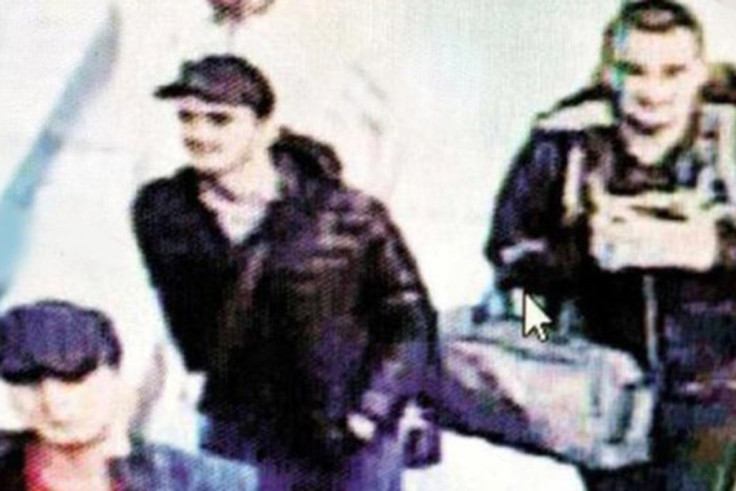Istanbul airport: First picture of suspected Isis bombers show Russian, Uzbek and Kyrgyz attackers
Turkish authorities release image of suspected Isis members inside Istanbul's Ataturk airport.

Suicide bombers targeting civilians in a bloody attack on Istanbul's Ataturk Airport have been identified as being Russian, Uzbek and Kyrgyz nationals, according to Turkish authorities.
At the same time a security camera still, apparently showing the three gunmen pushing baggage trollies, has emerged on social media.
No individual group – including the Islamic State (Isis) – has taken responsibility for the attack, which left 43 people dead and wounded more than 230 others. However, Turkish authorities have pointed the finger of blame squarely at the terror group.
Throughout the day (30 June) police have carried out raids on 16 separate locations in Istanbul, rounding up 13 people suspected of having links to the Isis (Daesh) group.
The manhunt spanned three neighbourhoods on the city's Asian and European sides, according to the Associated Press.
The three attackers were identified from their remains. "A medical team is working around the clock to conclude the identification process," one official told the AP. However, extensive soft-tissue damage has been said to complicate efforts.
Local Turkish press has reported that one of the three was a member of a seven-person cell, and entered Turkey in late May. Officials were unable to confirm that the Russian attacker had also entered the country one month ago and was originally from the Dagestan region.
On the Turkish border, security forces shot and killed two suspected IS. The pair are believed to be planning terror attacks in Ankara.
The private Turkish television station NTV reported one of the two Syrian nationals was wanted in Turkey on suspicion of planning attacks in the capital (Ankara) or in the southern city of Adana.
IS released a new infographic through it's propaganda arm, the Amaq News Agency, on 29 June. Released to coincide with the terror group's second anniversary it claimed the group was directing covert cells in countries around the globe including France, Turkey and Saudi Arabia.
© Copyright IBTimes 2024. All rights reserved.






